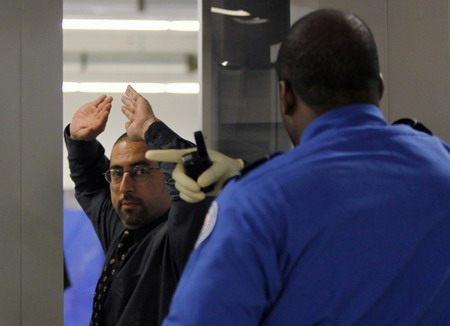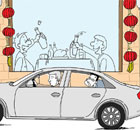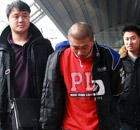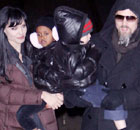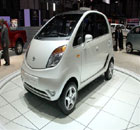Asia-Pacific
Full-body scan for US flights criticized
(Xinhua)
Updated: 2009-12-31 16:51
 |
Large Medium Small |
BEIJING: The wide use of full-body scanning at airports now being discussed at the White House has set off hot criticism from privacy advocates who call it a "virtual strip search," according to media reports Thursday.
Ever since the Christmas Day terror attack aboard a Detroit-bound US airliner was thwarted, the security advocates have called for greater use of body scanners that, first used in a US airport in 2007, can find hidden objects that metal detectors can't.
"The advanced imaging technology enhances security because it can detect both metallic and nonmetallic threats hidden on a passenger's body," US Transportation Security Administration (TSA) spokesman Greg Soule said.
Civil libertarians opposed the anatomically revealing technology on all travelers, considering the body scanners an invasion of privacy that is akin to a strip search. The devices detect objects concealed under clothes and can produce detailed images of the body.
"If a celebrity goes through a scanner that kind of image could end up on the Internet," said Jay Stanley, an ACLU privacy expert. "We would certainly all be safer on airlines if we all flew naked," he said.
Addressing privacy concerns, the TSA says faces are blurred on the body scans generated by the agency's machines. Agents who deal directly with passengers do not see the scans, and the agents who review the scans do not see the passengers.
Dutch authorities said Amsterdam's Schiphol Airport, where the Nigerian suspect made a connection, will begin using full-body scanners within three weeks. Also, the airport authority in Nigeria, where AbdulMutallab's flight to Amsterdam originated, announced plans to add body scanners to its security system.
In the United States, 40 of these advanced imaging machines are in use in 19 airports and the use is optional -- passengers can choose to undergo a pat-down instead.
US President Barack Obama could expedite such a deployment because the Department of Homeland Security and TSA don't need legislation from Congress to start using the devices at any of the 560 US airports with scheduled airline service.
US Federal authorities have charged suspect Umar Farouk AbdulMutallab, 23, of Nigeria, with trying to detonate explosives hidden in his underwear on a flight from Amsterdam, Netherlands, to Detroit, Michigan.
